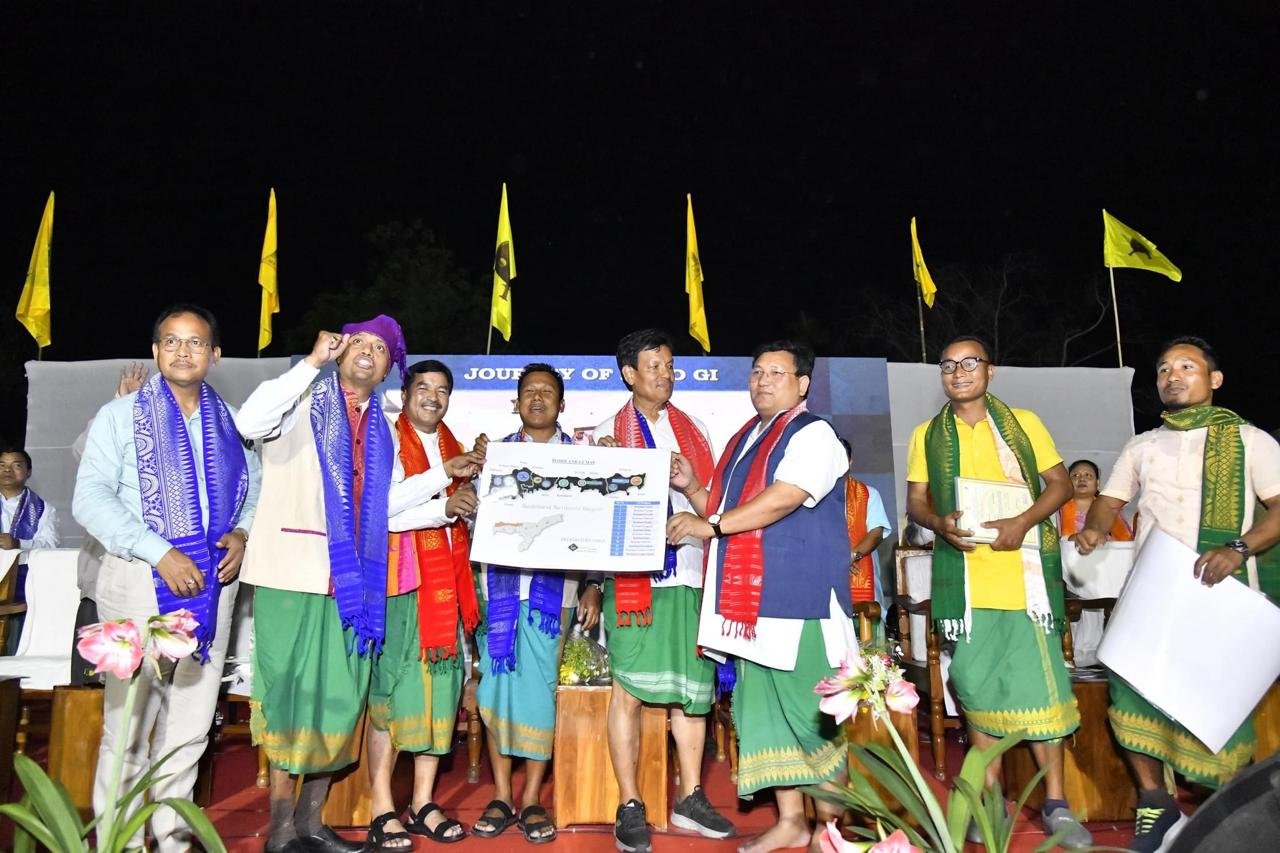HT Digital
GUWAHATI, APR 3: Assam’s iconic jewelry has been awarded the prestigious Geographical Indication (GI) tag, marking a significant milestone in preserving and recognizing the state’s rich cultural heritage. Assam Chief Minister Himanta Biswa Sarma shared the news on his social media platform, expressing immense pride in this achievement.
CM Sarma recalled that the initiative to secure GI tags for Assamese crafts was first proposed in the state’s 2018-19 budget to protect the interests of local artisans and craftsmen. Reflecting on this long-cherished goal, he posted on X, stating, “Assam’s jewelry – an inseparable part of our heritage – has received its own Geographical Indication (GI) tag. I distinctly remember that in the 2018-19 Budget, we had proposed to secure a GI tag to protect our artisans. Happy to see these efforts have been realized.”
The GI tag serves as a powerful endorsement of Assamese jewelry’s uniqueness and authenticity, preventing unauthorized reproductions while strengthening the market identity of artisans. This recognition is expected to boost the local economy by driving demand for traditional Assamese ornaments.
In addition to Assamese jewelry, 19 other traditional crafts of Assam, including the Bihu Dhol, Jaapi, and various Bodo community products, were granted GI tag status in April 2024. Some of these include Sarthebari Metal Craft, Assam Pani Mateka Craft, Assam Asharikandi Terracotta Craft, and Assam Mising Handloom Products.
Previously, CM Sarma highlighted this success, emphasizing how deeply rooted these heritage crafts are in the state’s history and economy. He noted that these products directly support nearly a lakh artisans and craftsmen. “A grand success of Assam’s heritage! Six glorious GI Tags conferred on heritage crafts with the cooperation of NABARD, RO Guwahati, and by Padma Shri Dr. Rajani Kant, GI Expert,” he posted earlier.
Additionally, the Bodo community received GI approval for 13 of its traditional items on the birth anniversary of Bodofa Upendra Nath Brahma, a revered leader of the Bodo people. CM Sarma remarked that this recognition would significantly contribute to promoting and preserving their rich handicraft traditions.
A GI tag is an official certification that authenticates a product’s unique qualities, characteristics, or reputation linked to its geographic origin. It protects indigenous knowledge and ensures that only genuine products from a recognized region can be sold under that name. India implemented the GI tagging system on September 15, 2003, with Darjeeling Tea being the first product to receive this status.







